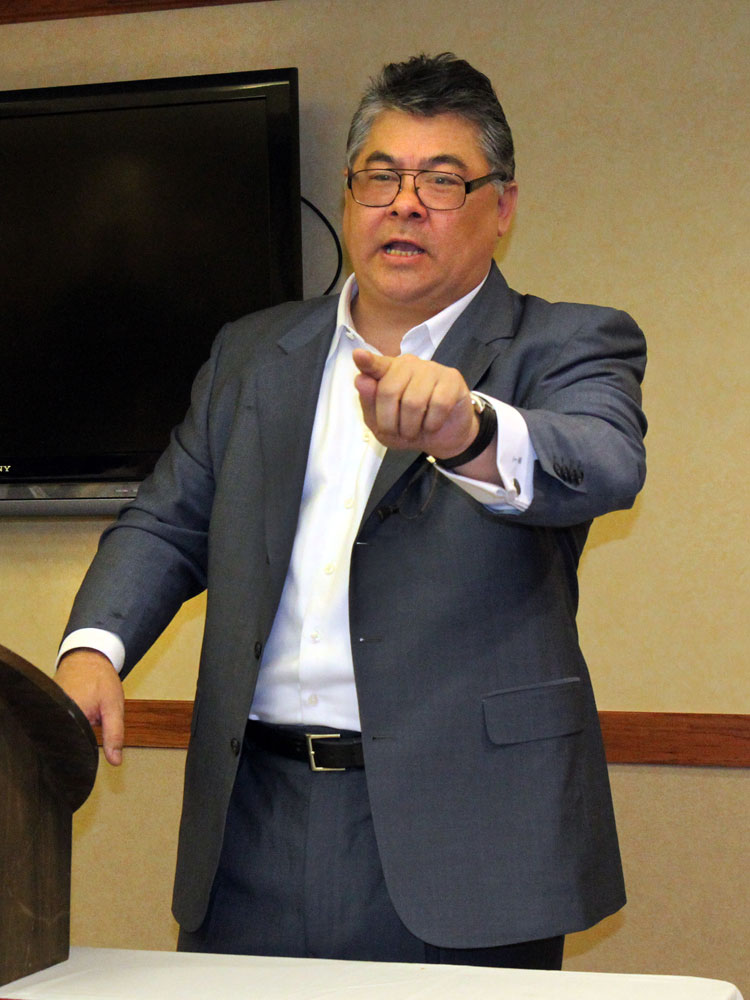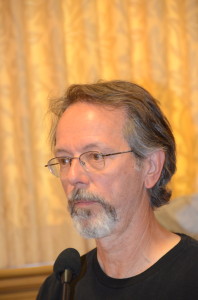Phil Tagami’s Conflicts of Interest Could Jeopardize Trash Deal
Sep 13, 2014
Posted in Army Base Jobs, Business, Community, Economic Development, Environment, Health, Oakland Talks Trash, Responsive Government
By Post Staff
Army Base master developer and city agent Phil Tagami has a long-term relationship with the City of Oakland that creates a conflict of interest that could possibly influence turning over base property to build the new California Waste Solutions (CWS) facility, according to sources close to the project.
The city has promised to turn over the property at the North Gateway area of the Army Base to CWS in 2016.
Some say Tagami wants to push that date back, and some city officials are pushing staff and Tagami to move the date forward. The new facility will take 18 months to build and handle trash and serve as the company’s headquarters and truck yard.
Among the roles that Tagami plays on the city’s base project are master developer and project manager of the whole development. He is also the property manager, which means he is the landlord representing the city at the base; he is the finance broker, which means he gets commissions if he can bring money to the table; and he is the rail operator.
Because Tagami wears so many hats, in practice it is not clear whether he reports to city staff or staff members report to him, according to sources.

“He is being paid by the public to build an (Army Base) facility that he basically gets to own, and he is paid by the public to evict other companies, which he then can replace, because he is the real estate agent for the city on the base,” said Brian Beveridge of the West Oakland Environmental Indicators Project.
In the past, Beveridge said, Tagami “had been offering (CWS and other base businesses), which goes with a certain amount of pressure, to let him build their facilities. He said they don’t need to own their own land or facilities, but could lease from him.”
“Of course, by the time these new facilities get built, the businesses could belong to him or companies tied to him. It all would have been turned into Tagami rail, Tagami trucking, Tagami cargo facilities, Tagami recycling.”
This is contrary to the exclusive negotiating agreements that all these companies thought they had with the city, Beveridge added.
According to another source, “It is better for him to have tenants who will cut him in on their action where he has some kind of profit sharing with whoever the tenant is.”
According to another source, Prologis, which is Tagami’s partner, has paid a fee to Tagami so that its part of the project at the East Gateway can be built before other parts of the development. This could rearrange and set back the city’s commitment to CWS and other companies.
